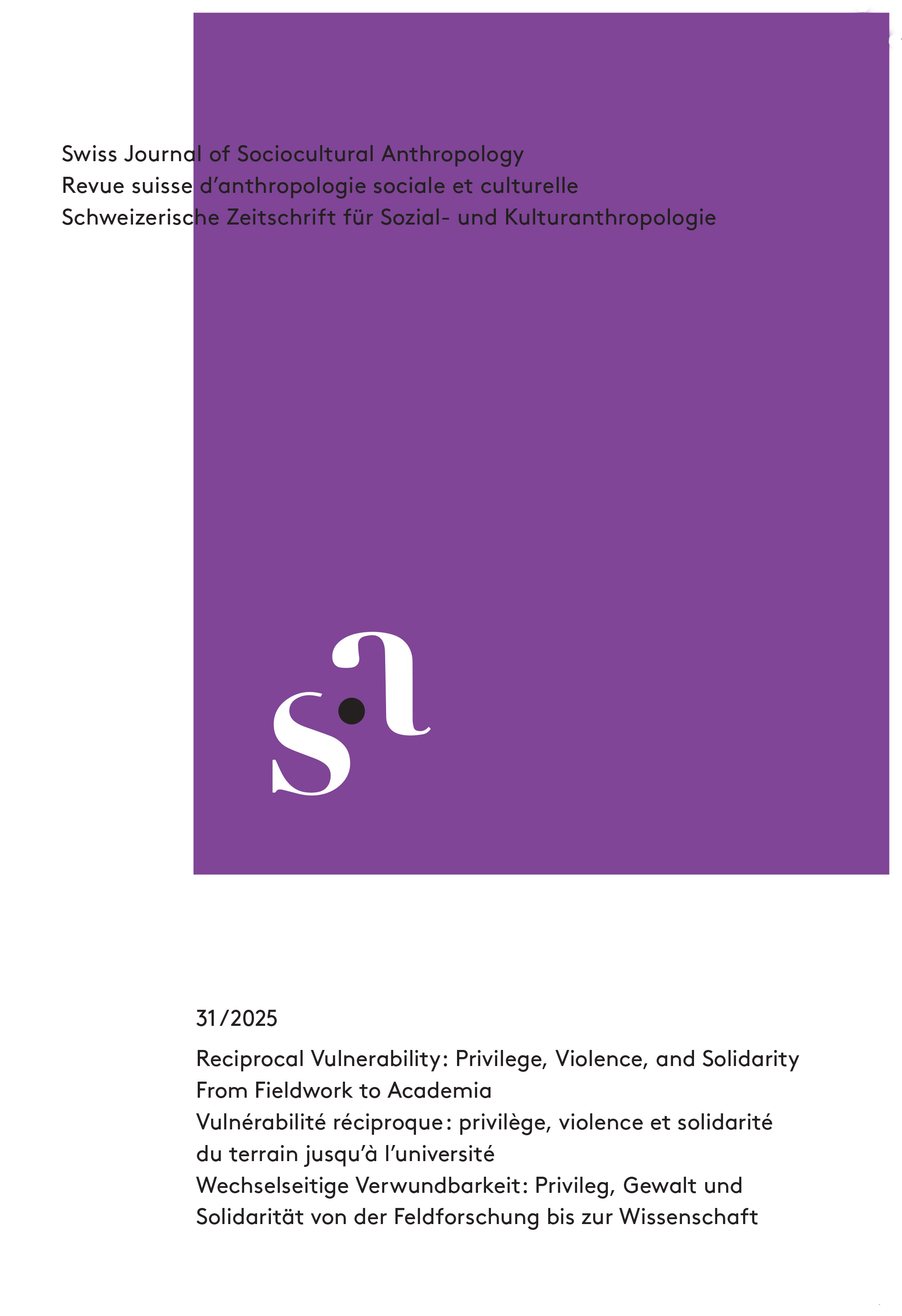
Reciprocal Vulnerability: Privilege, Violence, and Solidarity from Fieldwork to Academia
Vol. 31 No. 1 (2025)
November 13, 2025
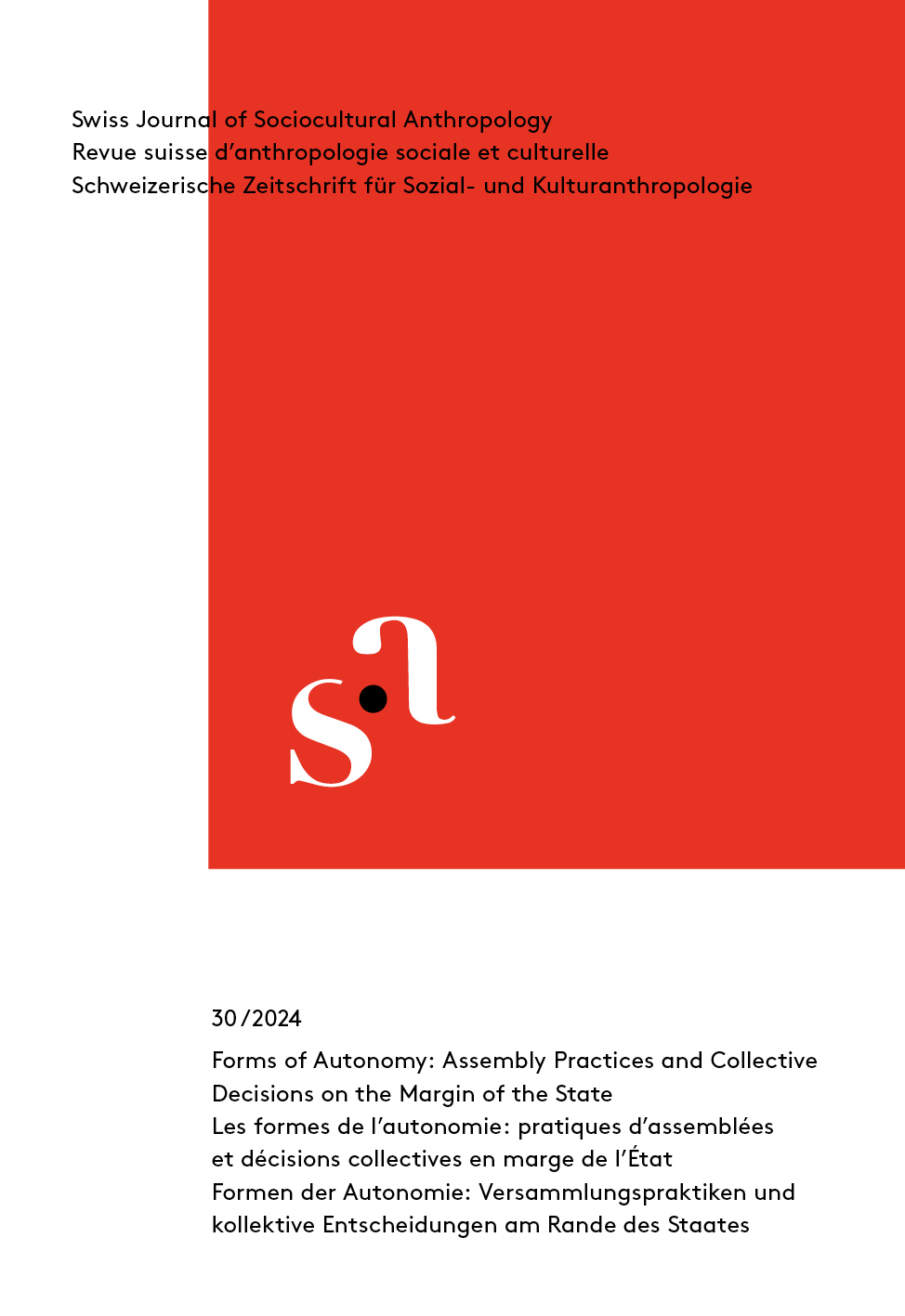
Forms of Autonomy. Assembly Practices and Collective Decisions on the Margin of the State
Vol. 30 No. 1 (2024)
November 17, 2024
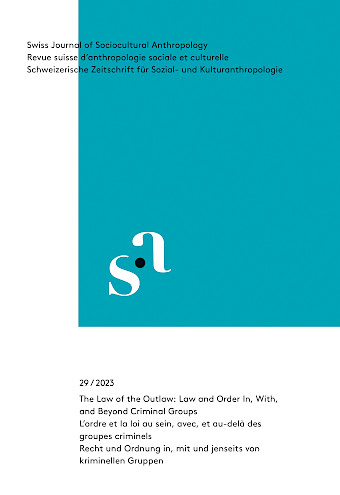
The law of the outlaw: Law and order in, with, and beyond criminal groups
Vol. 29 No. 1 (2023)
January 3, 2024
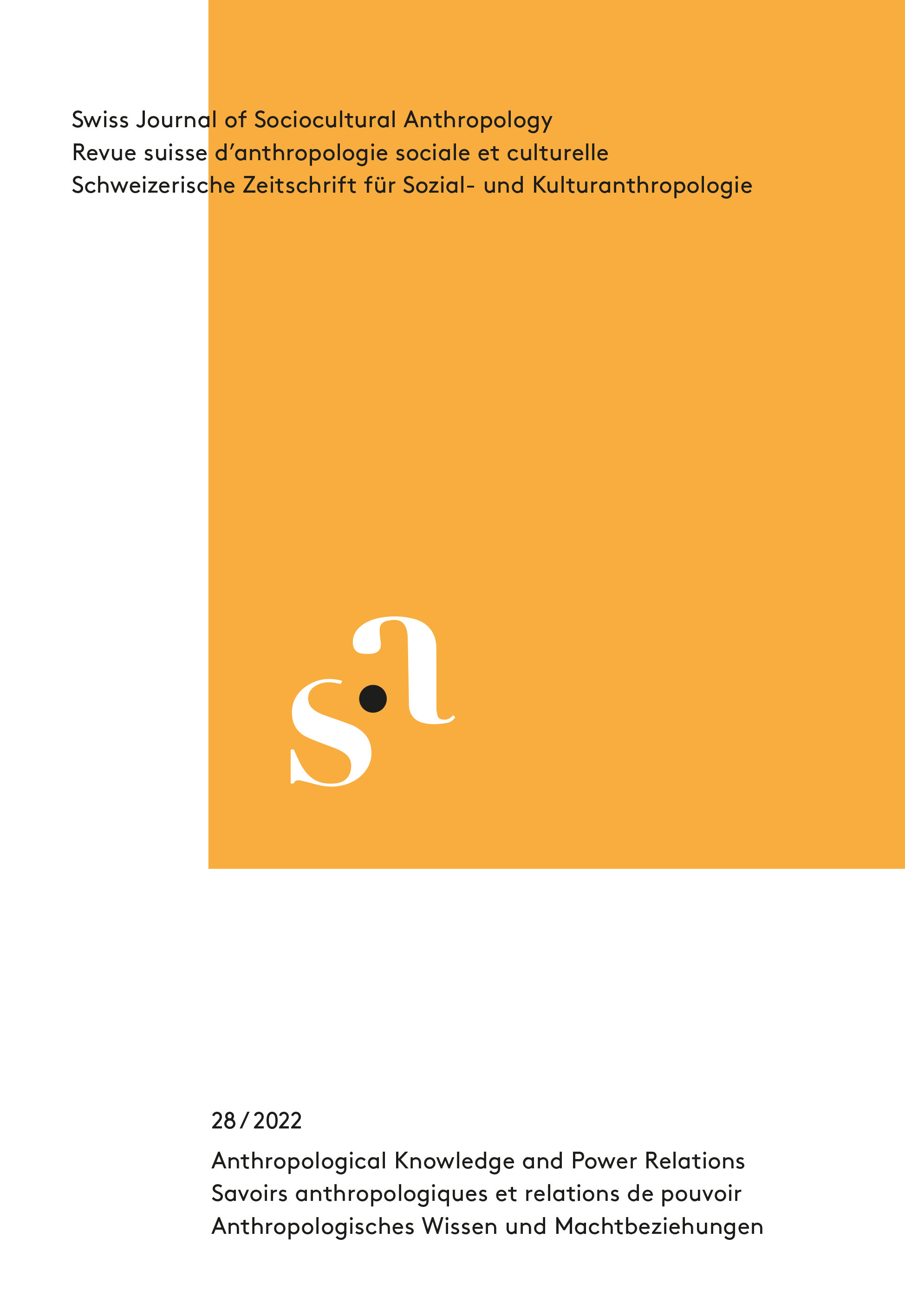
Anthropological Knowledge and Power Relations
Vol. 28 (2022)
February 22, 2023
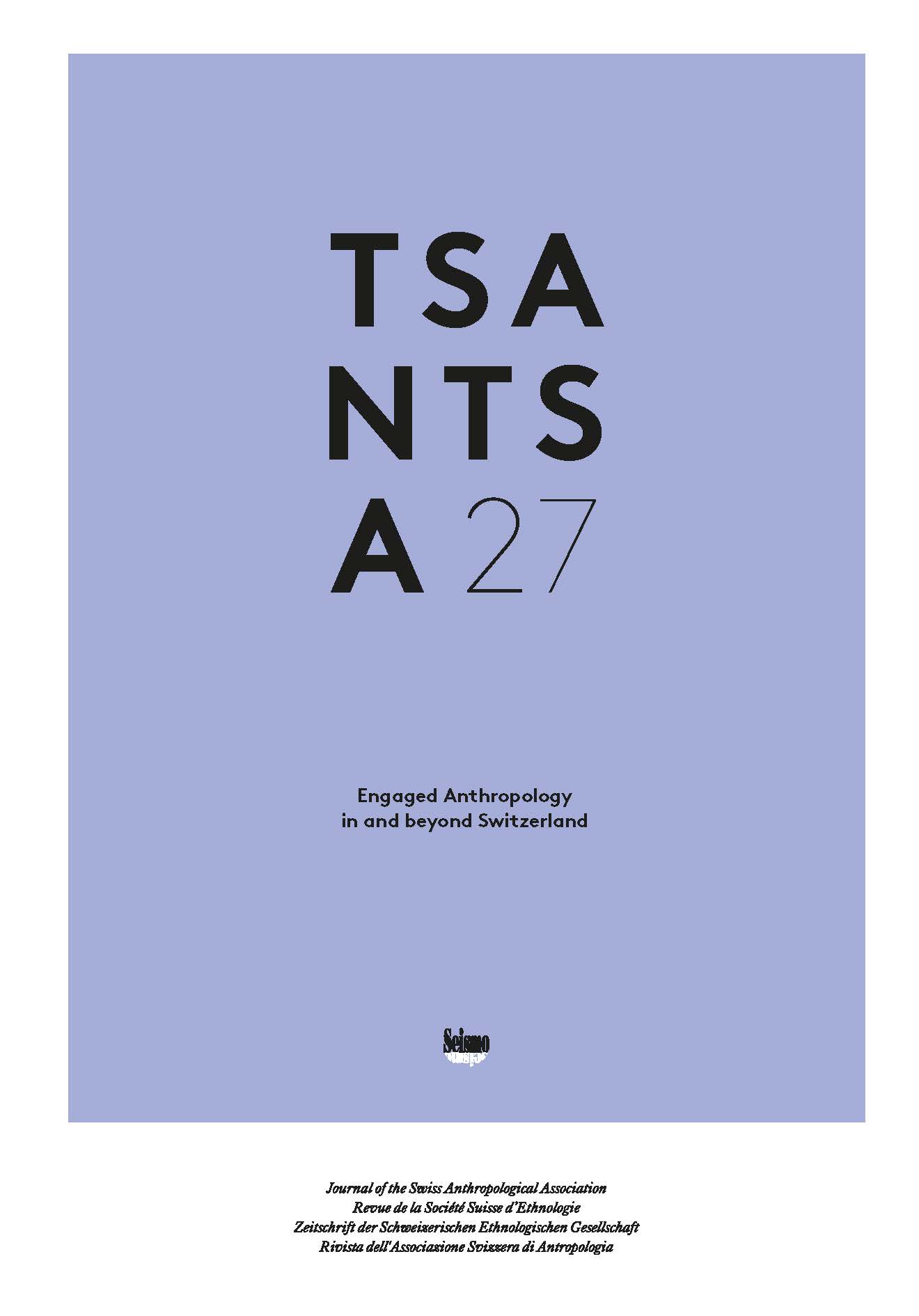
Engaged Anthropology in and beyond Switzerland
Vol. 27 (2022)
April 5, 2022
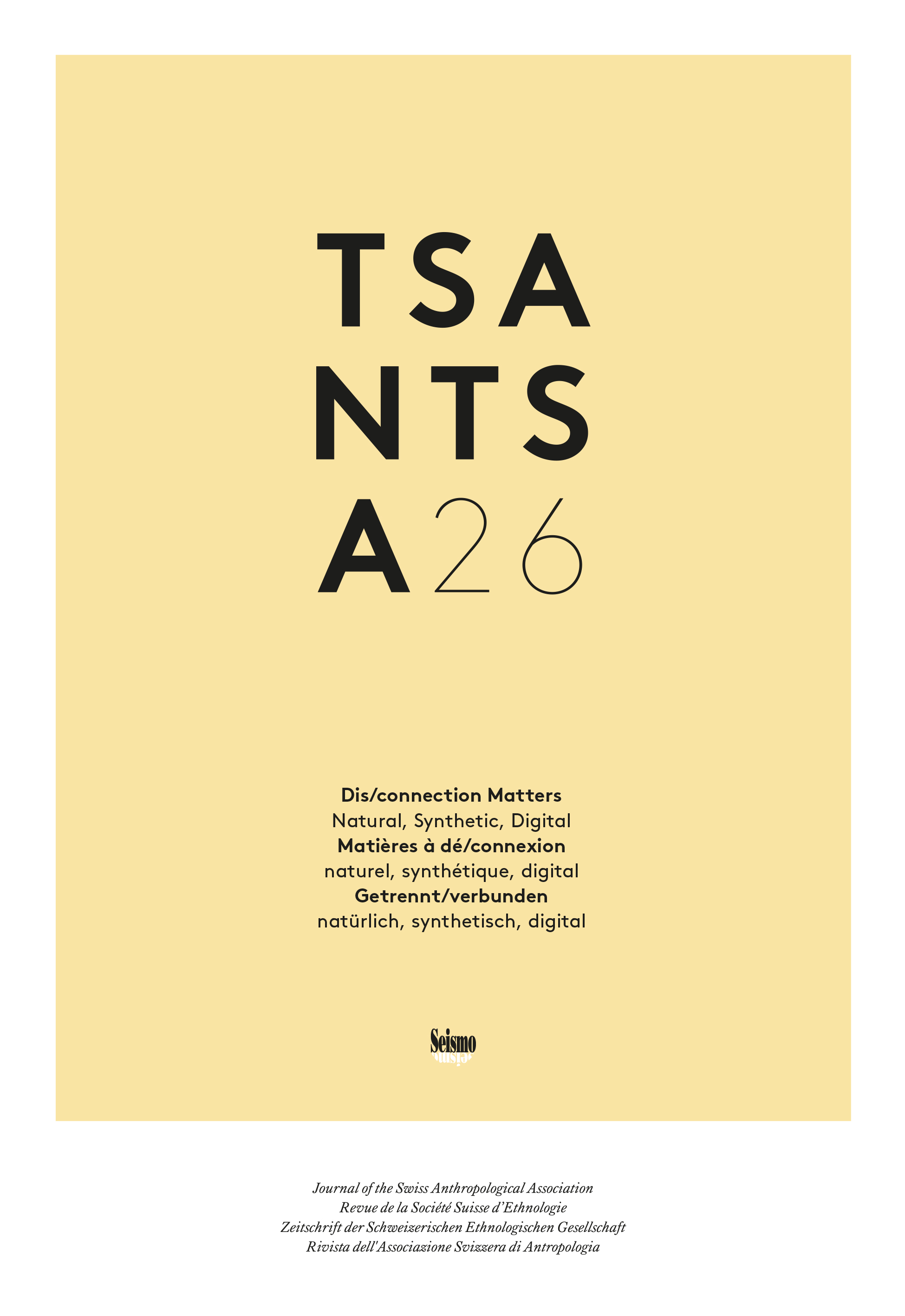
Dis/connection Matters: Natural, Synthetic, Digital
Vol. 26 (2021)
June 30, 2021
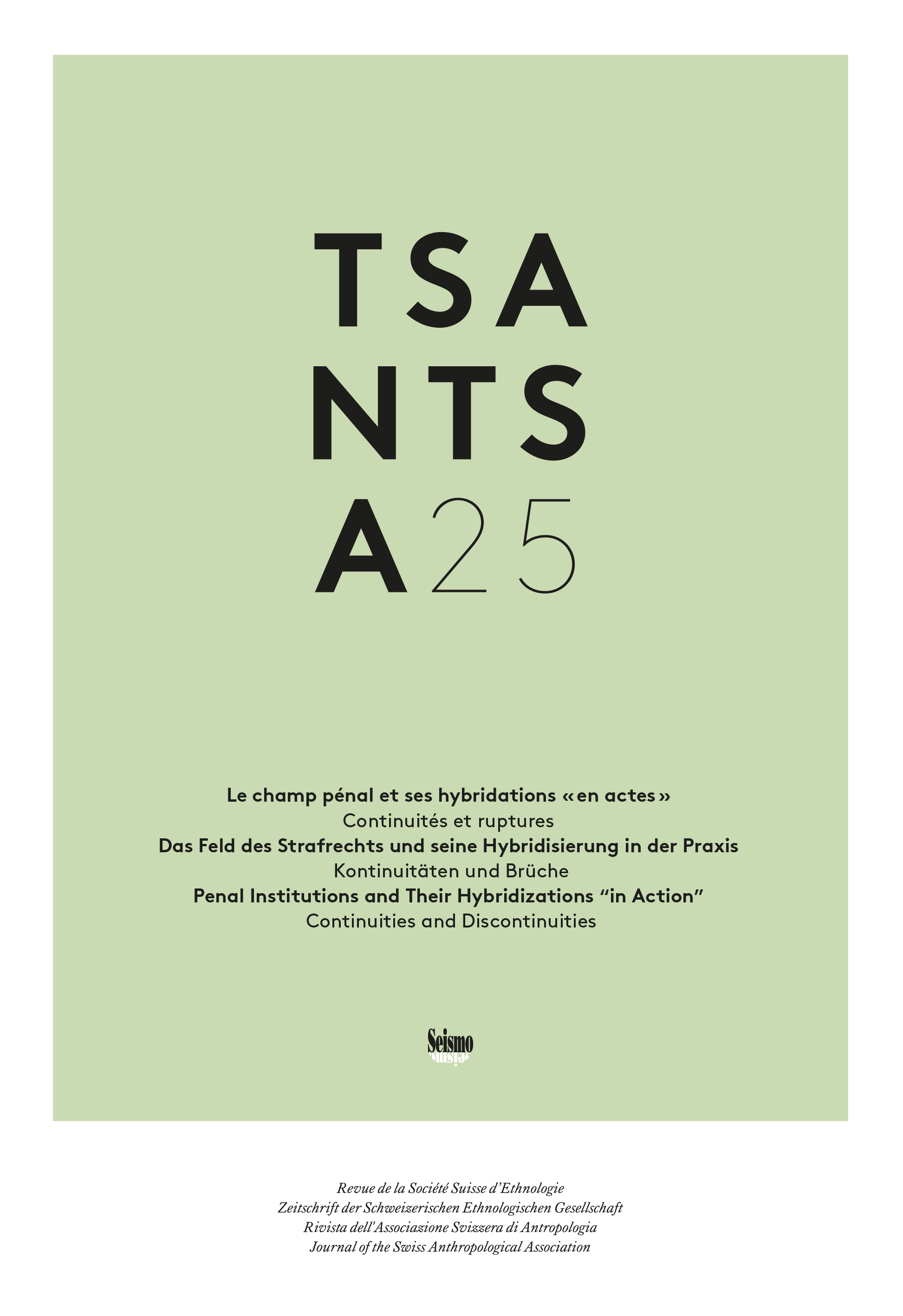
Penal Institutions and Their Hybridizations "in Action"
Vol. 25 (2020)
September 28, 2020
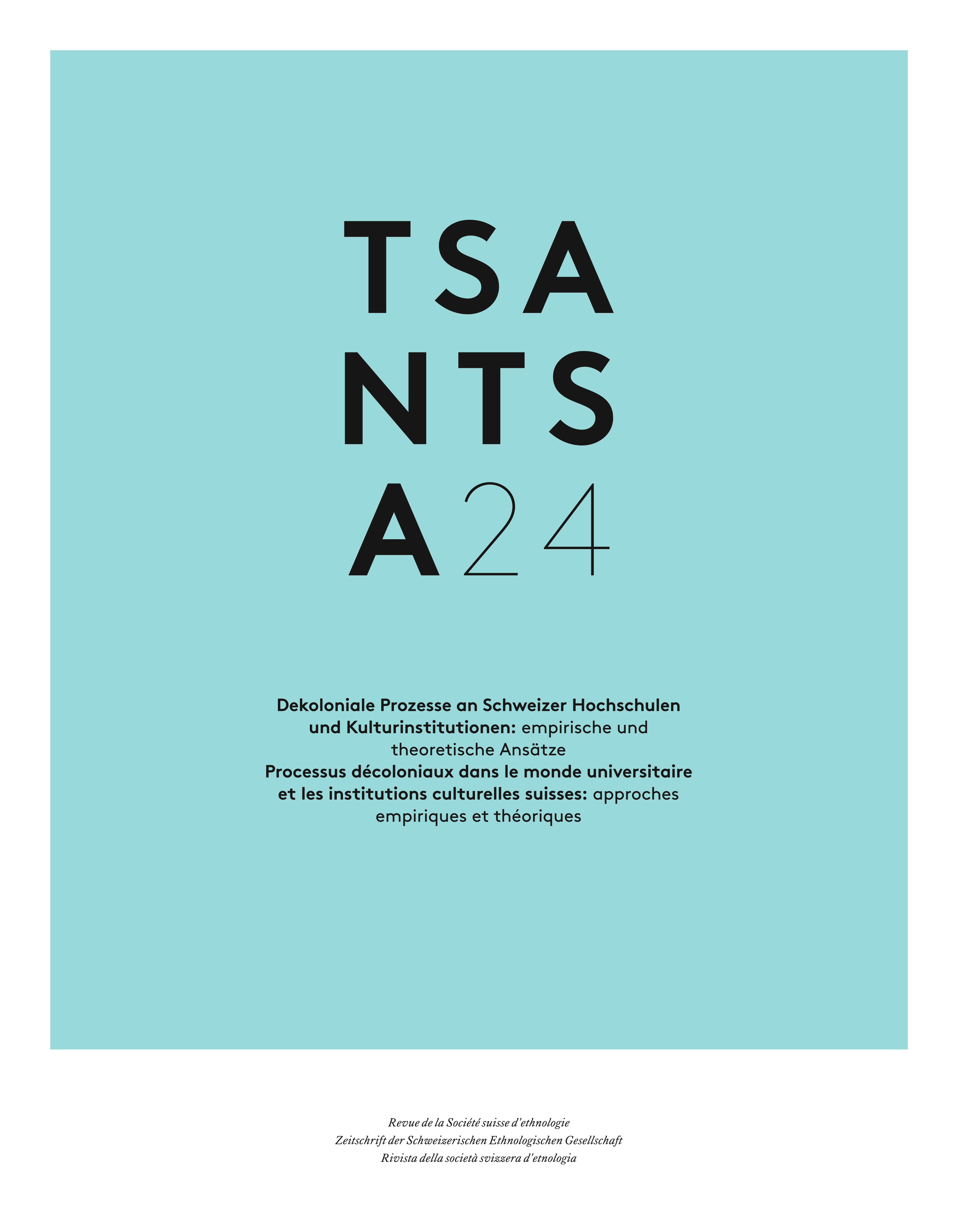
Decolonial Processes in Swiss Academia and Cultural Institutions: Empirical and Theoretical Approaches
Vol. 24 (2019)
May 1, 2019
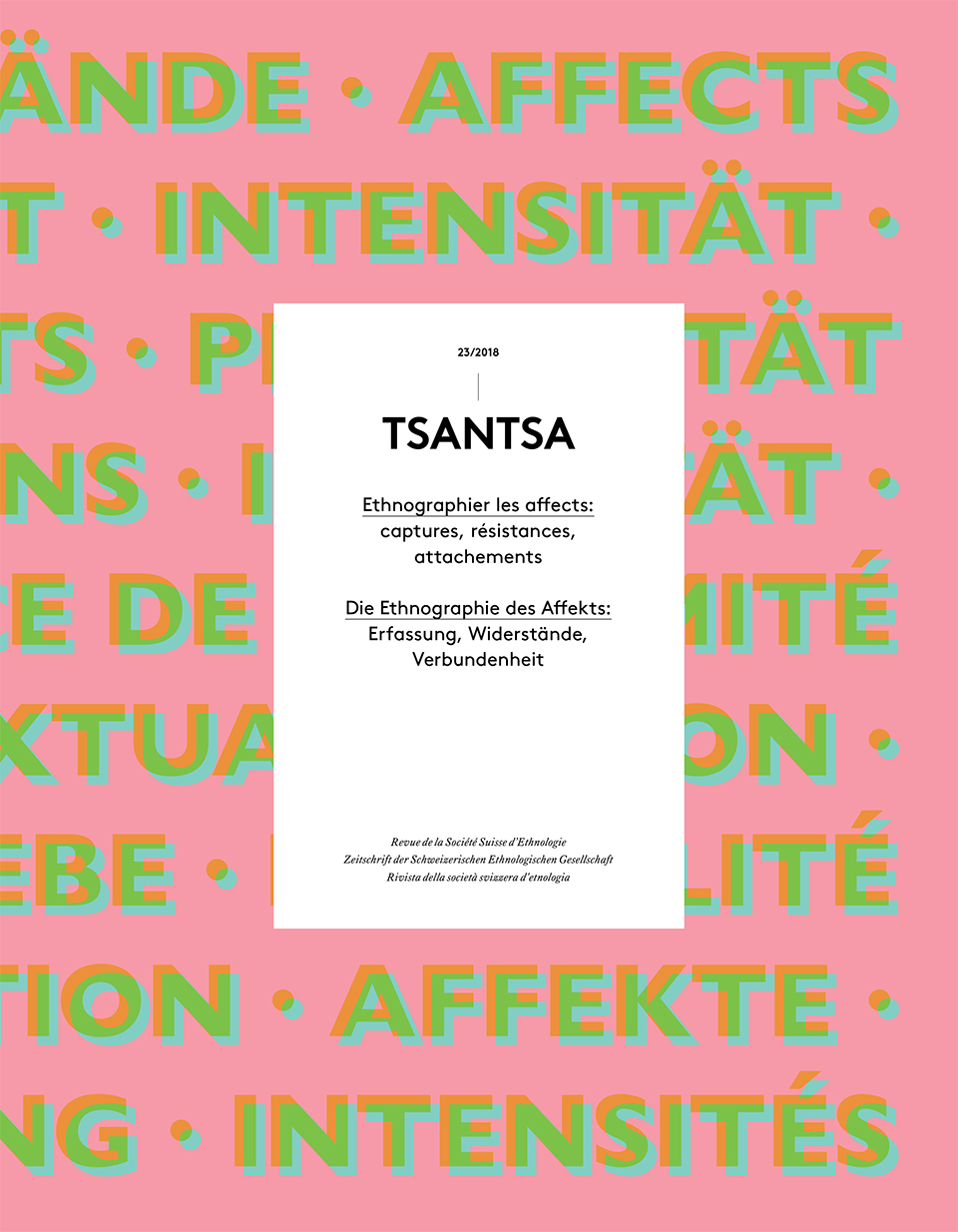
Ethnographier les affects: captures, résistances, attachements
Vol. 23 (2018)
May 15, 2018
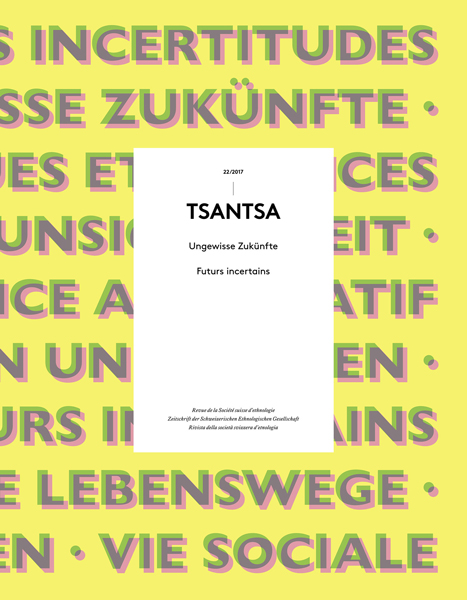
Uncertain Futures
Vol. 22 (2017)
May 1, 2017
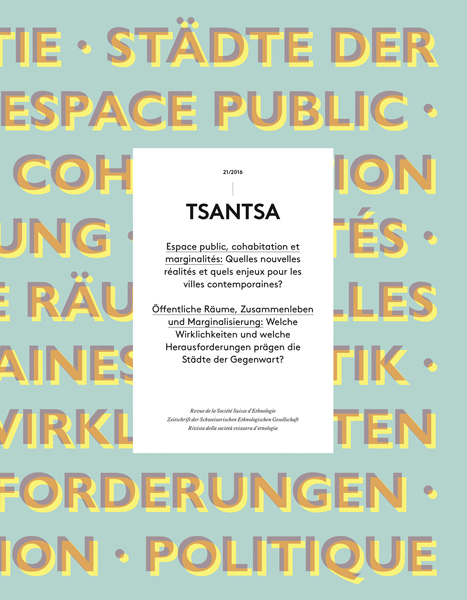
Espace public, cohabitation et marginalités: Quelles nouvelles réalités et quels enjeux pour les villes contemporaines ?
Vol. 21 (2016)
May 1, 2016
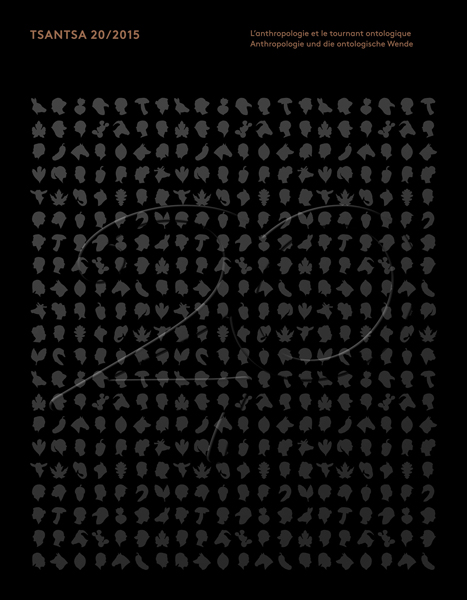
Anthropology and the Ontological Turn
Vol. 20 (2015)
May 1, 2015












